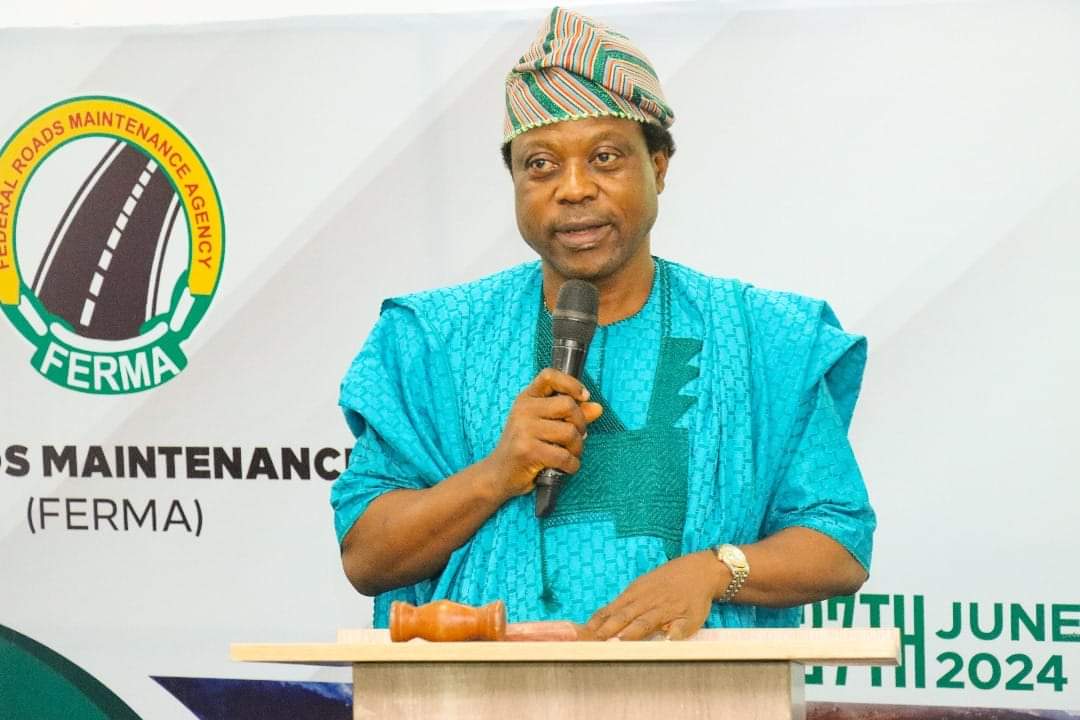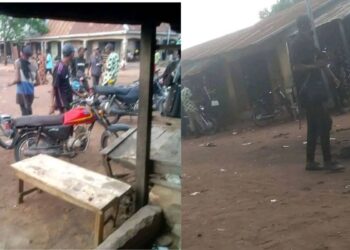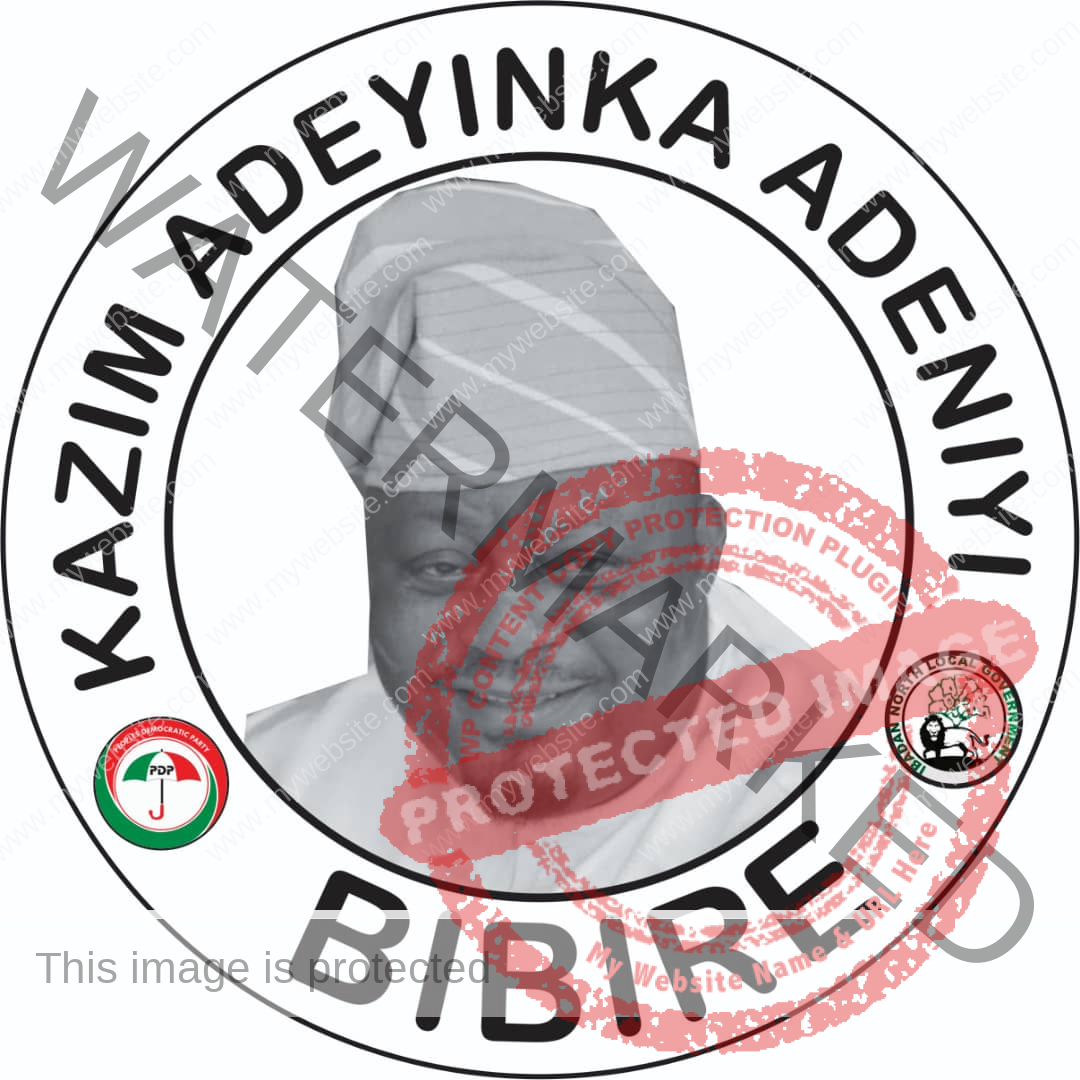
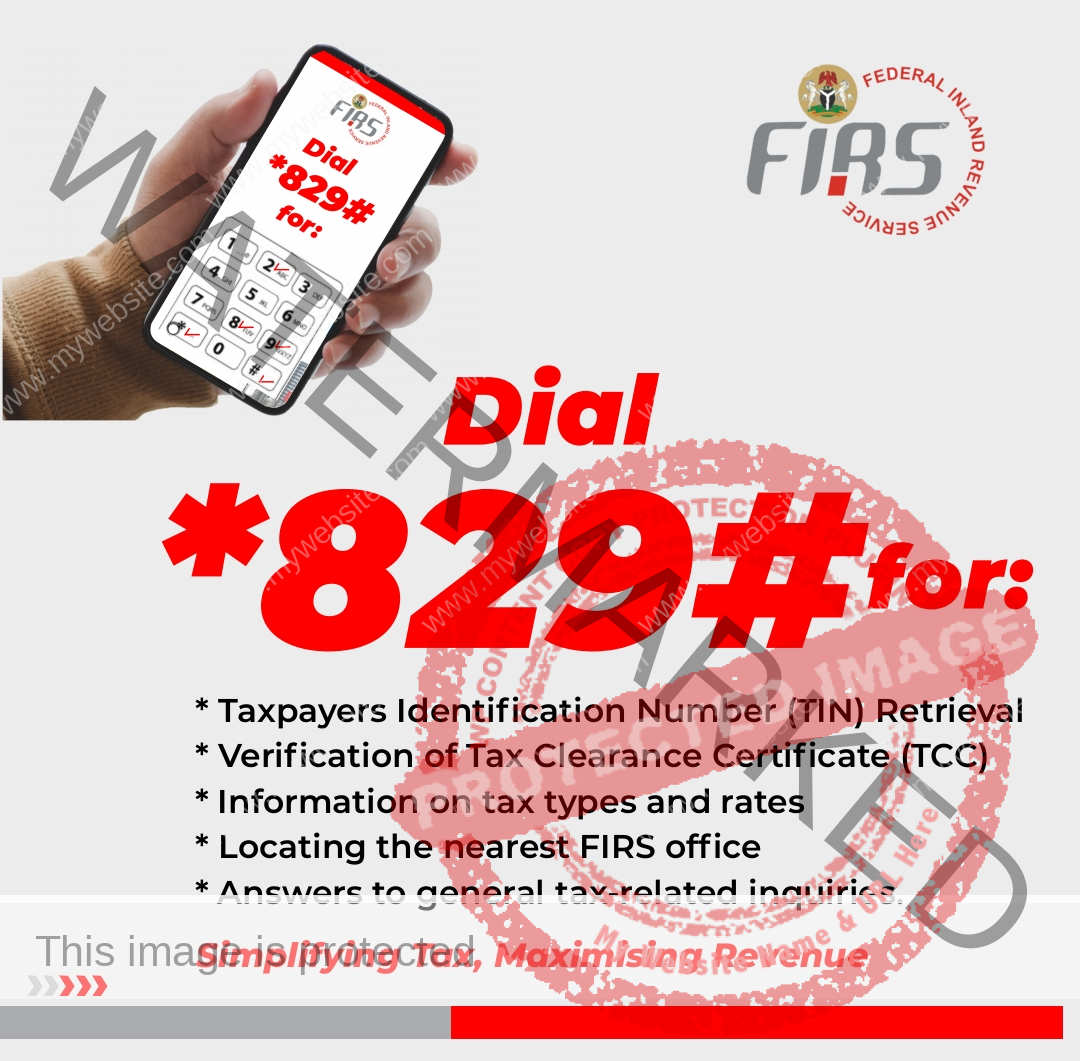
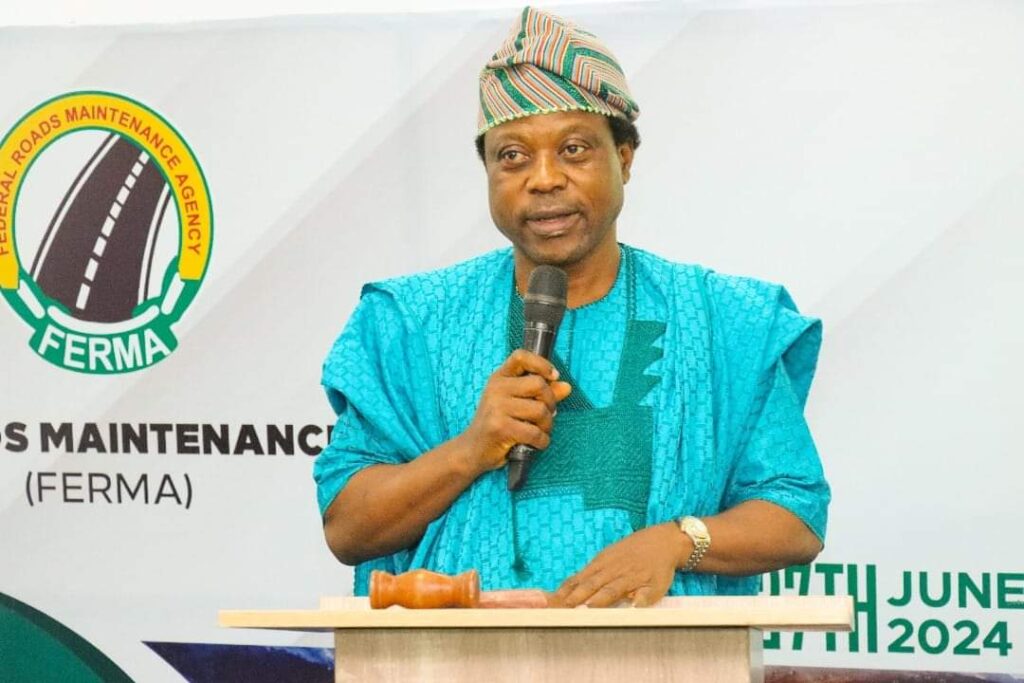
The House of Representatives member representing the good people of Ido/Ibarapa East federal constituency and the Chairman of the House Committee on FERMA, Hon(Engr) Dr. Aderemi Oseni stood before the joint retreat of the National Assembly, members of the Board, and the management team of FERMA, his voice filled with passion and conviction. He gazed out at the audience, his eyes burning with a sense of urgency, as he began to deliver his keynote address.
“Distinguished ladies and gentlemen,” he started, “when we look at the current state of Nigeria’s roads, the statistics present an unpleasant image. According to a recent report, more than 60% of our nation’s roads are in bad shape, and only 15% are in good condition. This situation is worrisome, as it impacts not only the daily lives of Nigerians but also the overall economic development of our nation.”
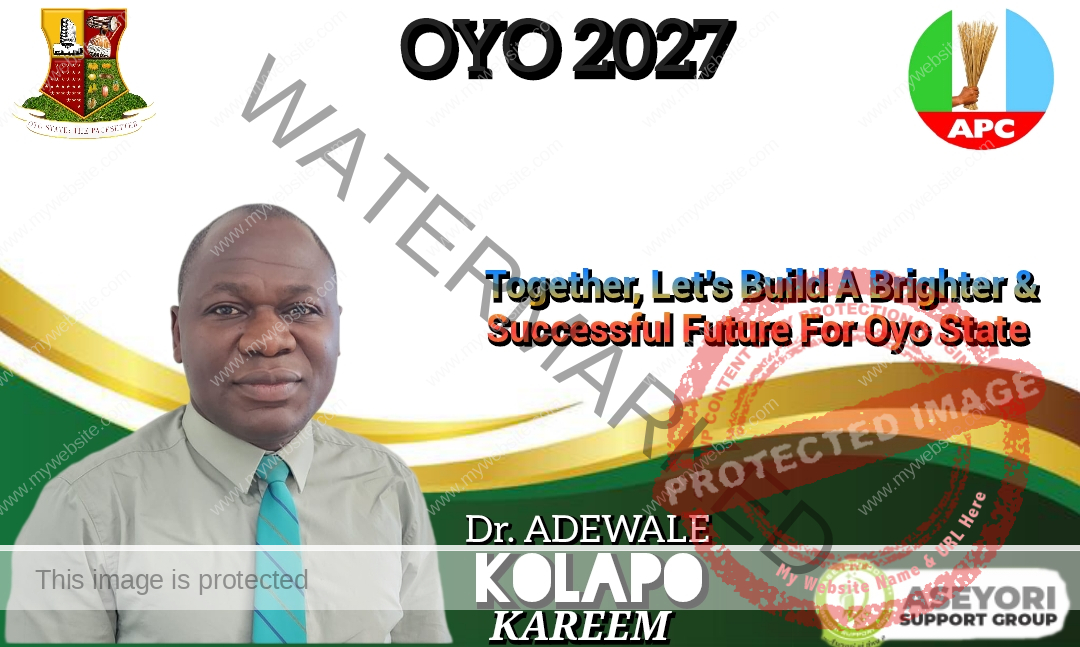
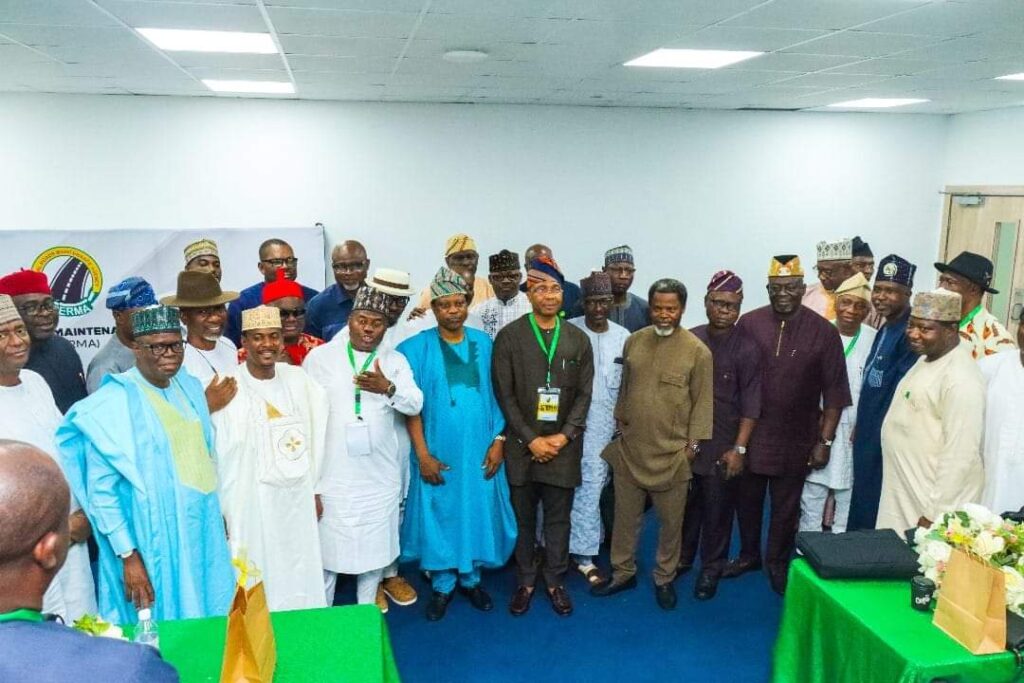
He paused, surveying the room, his expression somber. “As we reflect on yesterday, we see the failures of the past, especially in respect of road maintenance and management. The dilapidated state of today’s roads is partly caused by a lack of regular funding, poor maintenance, and inadequate essential infrastructure. We must acknowledge these failures as part of the learning process and move on with a different vision and mindset that will lead us to a better tomorrow.”

The impacts of the current state of Nigeria’s roads are extensive and deep, Oseni emphasized. “Bad road conditions cause additional expensive vehicle maintenance, extended travel time, and higher accident rates. Businesses are experiencing hurdles in efficiently transporting goods, a factor that leads to higher costs of production and reduced competitiveness. The general living standards of Nigerians also decline as a result of bad roads, leading to traffic jams, polluted air, and road accidents.”

Oseni continued, his voice rising with urgency. “The condition of Nigeria’s roads also directly affects the inflow of foreign direct investment, making it difficult for investors to commit to projects where infrastructure is lacking. When we fail as a nation to invest in our roads, we hinder our chances of economic growth and development.”
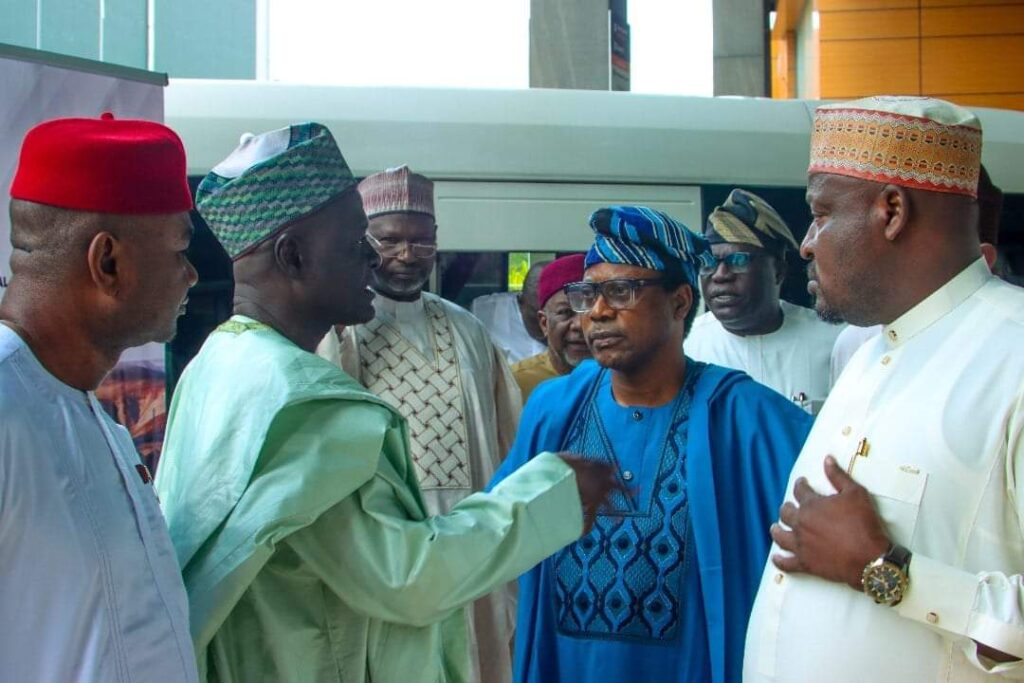
But Hon Remi Oseni’s tone shifted, his expression turning optimistic. “I see a new FERMA emerging! A FERMA that is proactive, dynamic, and responding to the needs of our country. The new FERMA is not bound by the constraints of the past but is driven by a vision of excellence, efficiency, and accountability in all its actions.”
He outlined his vision for a transformed FERMA, one that would prioritize road maintenance, embrace new ideas and creativity, and foster collaboration with stakeholders. He drew inspiration from successful road maintenance agencies in other countries, emphasizing the importance of sustainable funding, performance-based financing, and strong monitoring and evaluation systems.
Hon Remi Oseni’s 14-point agenda for the 10th National Assembly aimed to reposition, re-engineer, and turn around FERMA. He stressed the need for adequate funding, capacity building, and collaboration with stakeholders, as well as the importance of developing a comprehensive national strategy for road maintenance.
As he concluded his address, Hon (Engr) Dr. Aderemi Oseni’s passion and conviction were palpable. “We cannot remain indifferent as our roads get worse and individual Nigerians continue to suffer. Decisive action to achieve and pursue the change that we want is necessary. Let us work together to create a new era of road maintenance in Nigeria, an era that will bring safer travel, reduced transportation costs, economic growth, and improved living standards for all Nigerians.”
The audience applauded, inspired by Oseni’s vision and commitment to transforming Nigeria’s road infrastructure. A new FERMA was emerging, and with it, a brighter future for Nigeria.

